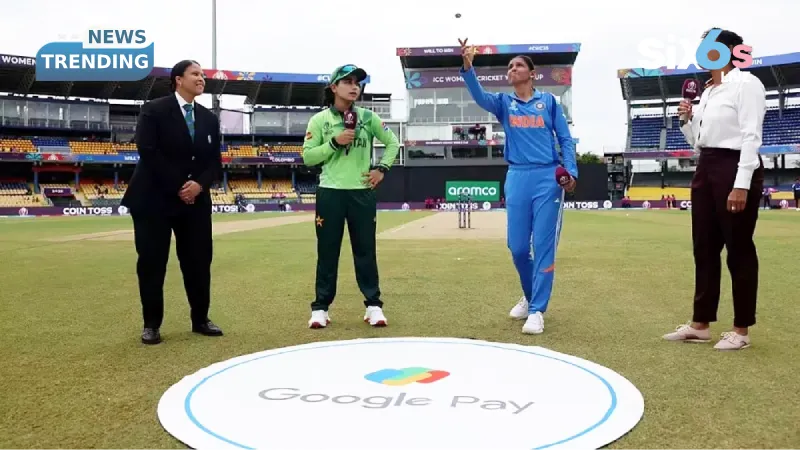Some matches are remembered for a last-over six, some for an extraordinary catch, and sometimes pre-match rituals take center stage. On October 5 in Colombo, captains Harmanpreet Kaur and Fatima Sana met for the toss and intentionally avoided the traditional handshake. The missed handshake immediately caused a stir and shaped the discussion before a ball was bowled.
Why the No-Handshake Moment Matters
A handshake is a small ritual with tubular emotional value: it conveys mutual respect and situates rivalry within the context of sport. When the captains omit that exchange, it registers as a public indicator of mistrust between teams and their boards. The ICC briefed both teams separately about match-day protocols, indicating the officials wanted to steer away from on-field incidents. In that regard, the toss became an emblematic frozen moment in the journey of diplomacy and crafted headlines long before play could do the talking.
The Backstory: Asia Cup Flashpoints and Colombo’s Neutral Stage
This was all created due to recent history. The men’s Asia Cup had some embarrassing moments: India’s men, led by Suryakumar Yadav, refused to shake hands after the match; Pakistan captain Salman Ali Agha refused to do a post-match interview; Pakistan released video of a confrontation with match referee Andy Pycroft after asking for him to be removed, leading to official reprimands; things escalated when India would not accept their winners trophy from Mohsin Naqvi, who is both the head of the Asian Cricket Council and the Pakistan Cricket Board and Pakistan’s Interior Minister; there was a long delay at that presentation which restrained celebration. Colombo was Pakistan’s neutral venue for the tournament, which made those recent flashpoints feel like a game of chicken.
Players, Protocols, and What Cricket Loses
On match day, the players tried to keep things normal. India engaged in a quick kickabout to warm up on one side of the R Premadasa ground, while Arundhati Reddy and Radha Yadav bowled a couple of short spells on their specified strip. Coach Amol Majumdar spoke to the group and checked out the centre pitch, while Pakistan warmed up near their dugout, and Fatima Sana led the group in a small huddle. These small rituals ground athletes and create the specific micro-moments for which fans have an increasing affinity. When separate briefings and rehearsed methods take the place of spontaneous interactions, cricket loses character and human quality of warmth as the competitive format is intense.
The handshake at the toss reflects the organizational strain that still hangs over the game. The players were civilized, and the game was played. The hope is that boards find a way back to allowing small gestures to fit alongside unsparing competition, while keeping rivalry as raw but graceful. For those who care about humanity in the game, take this a step further: support excellence, negotiate rituals that show respect, hold administrators accountable to separate politics from play to protect rivalry as raw and dignified, and small acts of sportsmanship come back at last to community eating, and for the world to delight in at major sporting showcases everywhere, every day, in every community across the entire globe.
Stay updated on the latest cricket news and exciting updates at Six6slive. Dive into our in-depth articles and analyses to connect with the action today!
